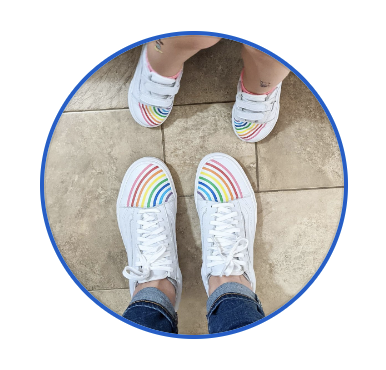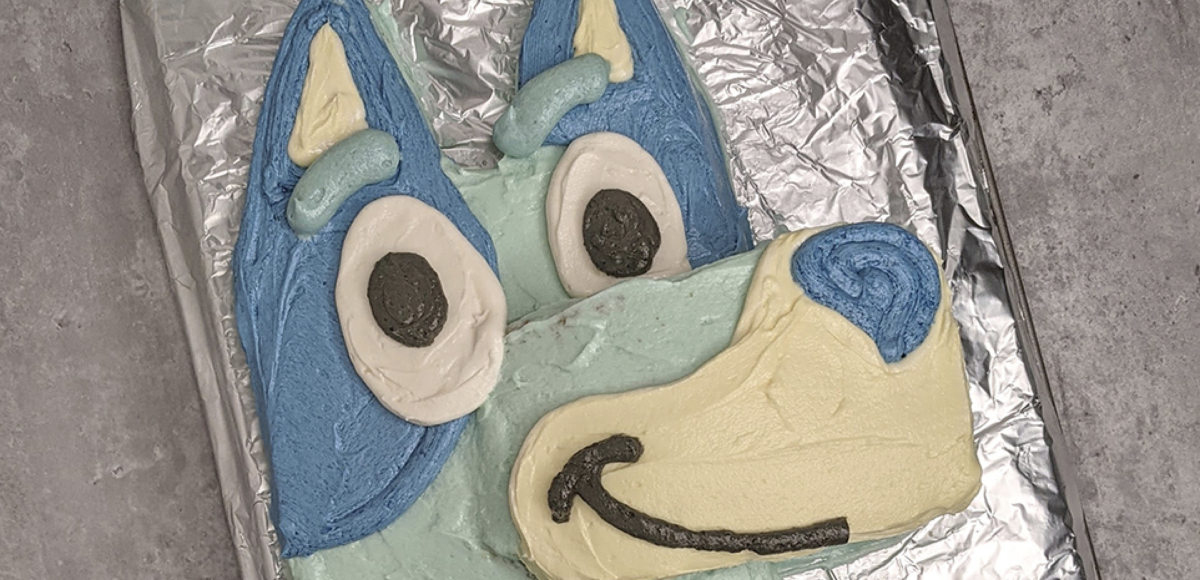This post may contain affiliate links. Every link is hand-selected by our team, and it isn’t dependent on receiving a commission. You can view our full policy here.
The entire time I read The Grapes of Wrath, it felt more like I was slogging through it. I re-read certain passages over and over, because my eyes glazed over the text and I realized I’d skimmed an entire page without comprehending a word. The book’s structure — Describe the landscape in one chapter, move along the plot in the next, repeat — drove me insane. I’d hit these pages that crackled with life, with characters so vivid I felt like I knew them, and I’d fly through pages, only to feel stymied in quicksand the moment the story turned to focusing on the dust gathering on a step next to a tumbleweed.
My inner book-nerd ached that I couldn’t get into John Steinbeck’s story. It won a Pulitzer AND a National Book Award, and it was heavily cited when Steinbeck won the Nobel Peace Prize in the ’60s! Have I no taste? (Don’t answer that.)
And yet, for my groan-induced experience reading the book, to this day it’s one of the books that’s had the biggest impact on my life.
The Grapes of Wrath focuses on the Joads family, a group of tenant farmers who leave Oklahoma for California during the Great Depression in homes of finding jobs. But that description dramatically oversimplifies their situation. They’ve lost their livelihood, they’re struggling to feed themselves and they’re fighting with every atom of their being to make it to California; their whole survival hinges on the hope of what they’ll find when they arrive.
That story has resonated with me ever since. Not so much the storyline, or any particular quote, but the way it made me feel. It opened my eyes to how you can never underestimate what a person will do, what they’ll sacrifice or who they’ll become in desperate times. It showed me the fear that underpins scarcity and uncertainty, and held a mirror up to my own need for security and stability. It’s been a framework to help me understand complex, back-against-the-wall acts of desperation in real life, whether in the news or in the actions of people I’ve known, silencing that harsh, ugly inner monologue that can creep in and try to judge someone. The book paints such a vivid picture of how brutally tough it was to live during the Great Depression, shining a light on a part of the struggle I’d never heard before, and so it always serves as a reminder to me that I don’t know the full story of what someone’s been through (or is going through).
Mostly, though, it revealed our shared humanity in facing difficult times; how desperately we need one another — and simple acts of kindness, no matter how small — to survive.
That may sound overly earnest, but that’s how I feel.
Now that I’ve rambled about TGOW, I have to know: What book has had the biggest impact in shaping your view of the world?
This post is part of Life Between Weekends’ Tuesday Takeaway series. Every Tuesday, we’ll share the most compelling insight we’ve gleaned from a book, movie, tour, documentary or article to inspire you during the workday.
Photo: Eric Micheal/Unsplash




